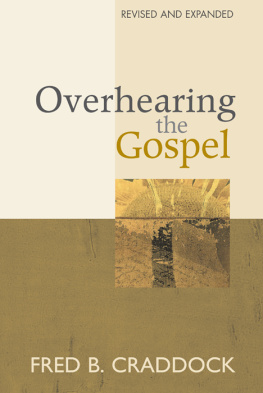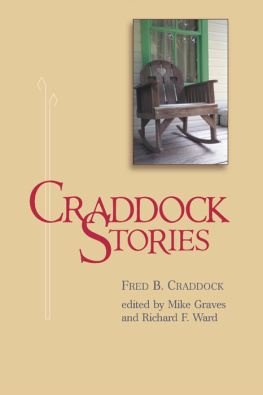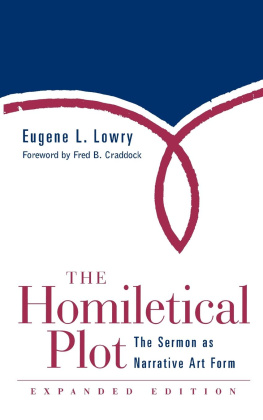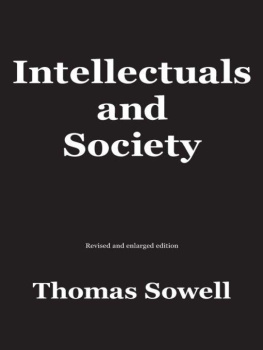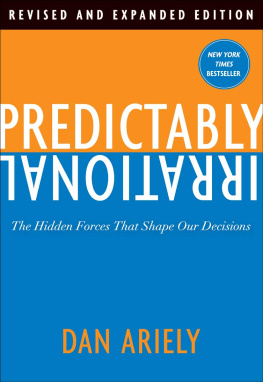Also by Fred B. Craddock from Chalice Press:
As One Without Authority
(Fourth edition)
Craddock Stories
(edited by Mike Graves and Richard F. Ward)
Copyright 2002 by Fred B. Craddock.
All rights reserved. For permission to reuse content, please contact Copyright Clearance Center, 222 Rosewood Drive, Danvers, MA 01923, (978) 750-8400, www.copyright.com.
All biblical quotations are the authors translation.
Cover art: Artville, LLC
Cover and interior design: Elizabeth Wright
Art direction: Elizabeth Wright
Visit Chalice Press on the World Wide Web at www.chalicepress.com
10 9 8 7 6 5 4 08 09 10 11 12 13
Library of Congress CataloginginPublication Data
Craddock, Fred B.
Overhearing the Gospel/Fred B. Craddock.Rev. and Expanded ed.
p. cm.
Includes bibliographical references.
ISBN 978-0-827227-17-0 (alk. paper)
1. Preaching. 2. CommunicationReligious aspectsChristianity. I. Title.
BV4211.3.C75 2003
251dc21
2002151452
Printed in the United States of America
Contents
Preface to the First Edition
I feel I owe you a word about the context in which these reflections occurred. Perhaps this sense of obligation arises out of a reaction to some experience of a teacher or preacher who privately arrived at a conclusion that I was to accept immediately upon delivery, with no clue as to the whence, whither, or why of the speakers journey. It may be that I have so often urged students to build the nest before you lay the egg that I dare not face them having bypassed my own counsel. Or maybe I know that the more perceptive readers will catch in mood and echo some very un-Oklahoma sights and sounds that subtly form the penumbra of these paragraphs (I thought and now write with surf pounding, sea gulls squawking, clam diggers bending over low tide, cottages nesting on islands in the sun, and crackling fire sending blue signals above the snow), and they will wonder whether I have been carried away, or should be.
Having been granted that change of pace and place that Phillips University called a research leave and that Yale University called a research fellowship, Nettie and I leased a cottage on Great Harbor off Old Sachem Head in Guilford, Connecticut. The cottage served for a time as a retreat because the work to which I was and am committed had, for a number of reasons, lost its edge, lying dull and heavy on my mind. There was nothing, thank goodness, of that terrible emptiness observed in some teachers and preachers who, while still carried along by the momentum of their profession, have lost appetite and replace it with cynicism. If anything, I am more and more moved and awed, even frightened, by the importance of teaching. But even so, it is possible to be immobilized now and then by the sense of how difficult it is and how small, at least apparently, are the gains we make. When this happens, it seems wise to back off in order to gather the advantages of distance. In other words, retreat.
But not for long. The time soon comes for inviting guests to the cottage to talk of teaching and preaching, of communicating the Christian message. It is important to have guests who have themselves faced the ponderous problem: How can we teach those who already know? How can we preach to those who have already heard? You who continue to read will observe in quotation and footnote the quality of those who shared with me in these conversations. But by far the most noticeable presence was Sren Kierkegaard. The text will reflect that of all the visitors, he came earliest and stayed latest. Never have I had a guest in my mind more delightful and stimulating. But he was not easy company. He was of such capacities of intellect and imagination that he often pushed the rest of us to the margins of the manuscript. More than once I had to remind myself that this was to be a book not about Kierkegaard but about a subject central to his life and to mine. In the pursuit of that subject, any person who can bring lively new ways of thinking and speaking to a church grown cynical about its own lectern and pulpit; any person who can move in on our vague and sterile concepts with a language of imaginative elasticity; any person who can offer an alternative to the predictably dull patterns of studying, speaking, and listening beyond which few of us have ventured; any person who has the grace to restrain the display of knowledge in order to evoke and increase my own; any person who, instead of simply adding increments to my knowledge, awakens in me the sense of having already known; any person who can bring to our heavy business the delights of wit and humor and the pathos of personal investment; that person is always welcome in my cottage, even if his presence is a judgment on my own dull efforts.
To Dean Joe R. Jones and the Graduate Seminary of Phillips University, I am grateful for this time of study and reflection. To Dean Colin Williams and Yale Divinity School, I am doubly grateful: for the invitation to spend a year enjoying that wealth of resources in library and faculty that is Yale and for the high honor of returning as Lyman Beecher Lecturer for 1978.
Fred B. Craddock
Enid, Oklahoma
February, 1978
Part I

The Illusion
Concerning Method
There is no lack of information in a Christian land; something else is lacking, and this is a something which the one cannot directly communicate to the other.
S REN K IERKEGAARD
I suppose you could say this statement from Kierkegaard is my text for the discussion that follows. As such, it is a radical departure from old custom and deep conviction, which have invariably dictated that if a text be used for a Christian discourse, it must be drawn from Holy Scripture. After all, what else is a sermon, or the whole of theology for that matter, but the continuation of the biblical discourse, engaging and being engaged by the ancient text? But I have granted myself an indulgence in this instance, because what follows is neither sermon nor theology.
Elevating a passage to the level of text does not mean passively accepting it as unqualified truth, to be served only by elaborations, applications, and exhortations. If with the sacred text one wrestles and grasps with the tenacity of JacobI will not let you go until you bless meone can be no less vigorous when engaging Kierkegaard. He delights in picking a fight with his reader, loading his sentences with exaggeration, humor, irony, sarcasm, and homely analogy, offering with one hand what he takes away with the other. So in the ways that a text properly functionsprovoking thought and reassessment of old convictions, confirming prior wisdom while serving as governing consideration for new reflection and actionthis statement is my text. Phrases within it will prompt our discussions to move in many directions, but its greatest single impact will come in its continually raising the question that refuses to leave the room all the time we are talking: How does one person communicate the Christian faith to another?
But that question itself already hinders us, arousing a widespread notion that threatens to abort fruitful discussion. The threat lurks in a general feeling about the word

